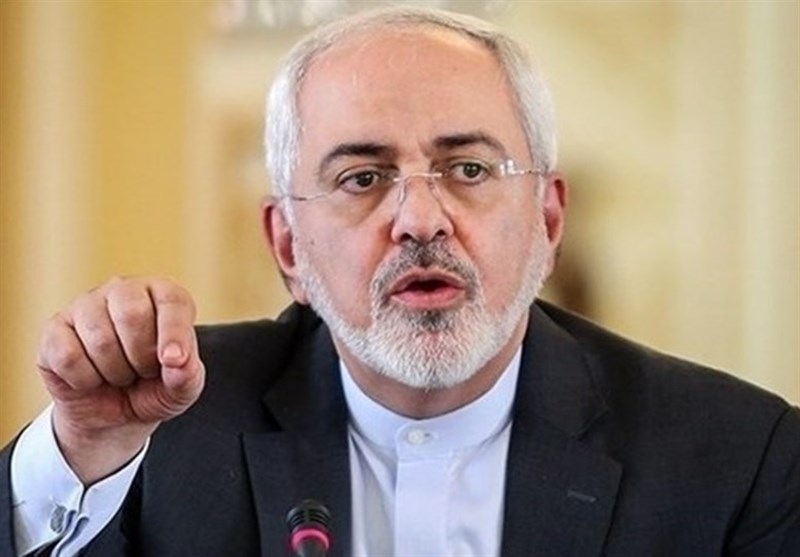
US, Israel to Blame for ‘Ominous Shadow’ of WMDs on Region: Zarif

"The Islamic Republic of Iran, as the biggest victim of chemical arms, while
reiterating its condemnation of use of weapons of mass destruction anywhere, by
anyone and under any circumstances, also strongly denounces double-standard
policies … and politicization of the Organization for the Prohibition of
Chemical Weapons and certain countries’ exploitation of technical issues in the
OPCW,” Zarif wrote in a message on Thursday, marking the anniversary of a 1987
chemical bombing of Iran’s city of Sardasht by the Iraqi army under former
dictator Saddam Hussein.
He said the world’s inaction and lack of punishment for the "savage” move and
extensive use of chemical weapons by Saddam’s regime paved the way for
repetition of similar horrible tragedies, this time by terrorist groups against
civilians in Syria and Iraq.
The Iranian top diplomat further deplored the US for refusing to fulfil its
commitments under the Chemical Weapons Convention (CWC).
"The Islamic Republic of Iran, as an active member of the OPCW, along with other
member states, calls on the US to … completely and irreversibly destroy its
chemical weapons under international supervision.”
Zarif went on to say that the US and Israel, by preventing the creation of a
Middle East free of weapons of mass destruction, are to blame for the continued
threat of WMDs that has cast an "ominous shadow” on the region.
Tel Aviv and Washington must be condemned by the international community for
this, he said, calling for coordinated global pressure to ensure the destruction
of Israel’s nuclear, biological and chemical weapons.
Located in Iran’s northwestern province of West Azarbaijan, Sardasht was the
third city in the world after Japan’s Hiroshima and Nagasaki to become a target
of WMDs.
On June 28 and 29, 1987, Iraqi bombers attacked 4 crowded parts of Sardasht with
chemical bombs and engulfed its residents, women and children, young and old,
with fatal chemical gases.
The attacks killed 116 citizens and injured over 5,000.
Source: Tasnim















